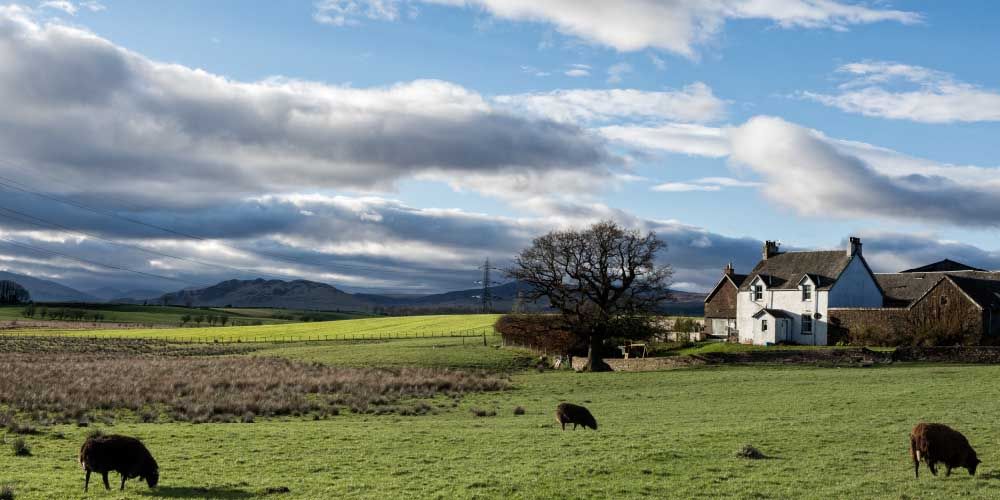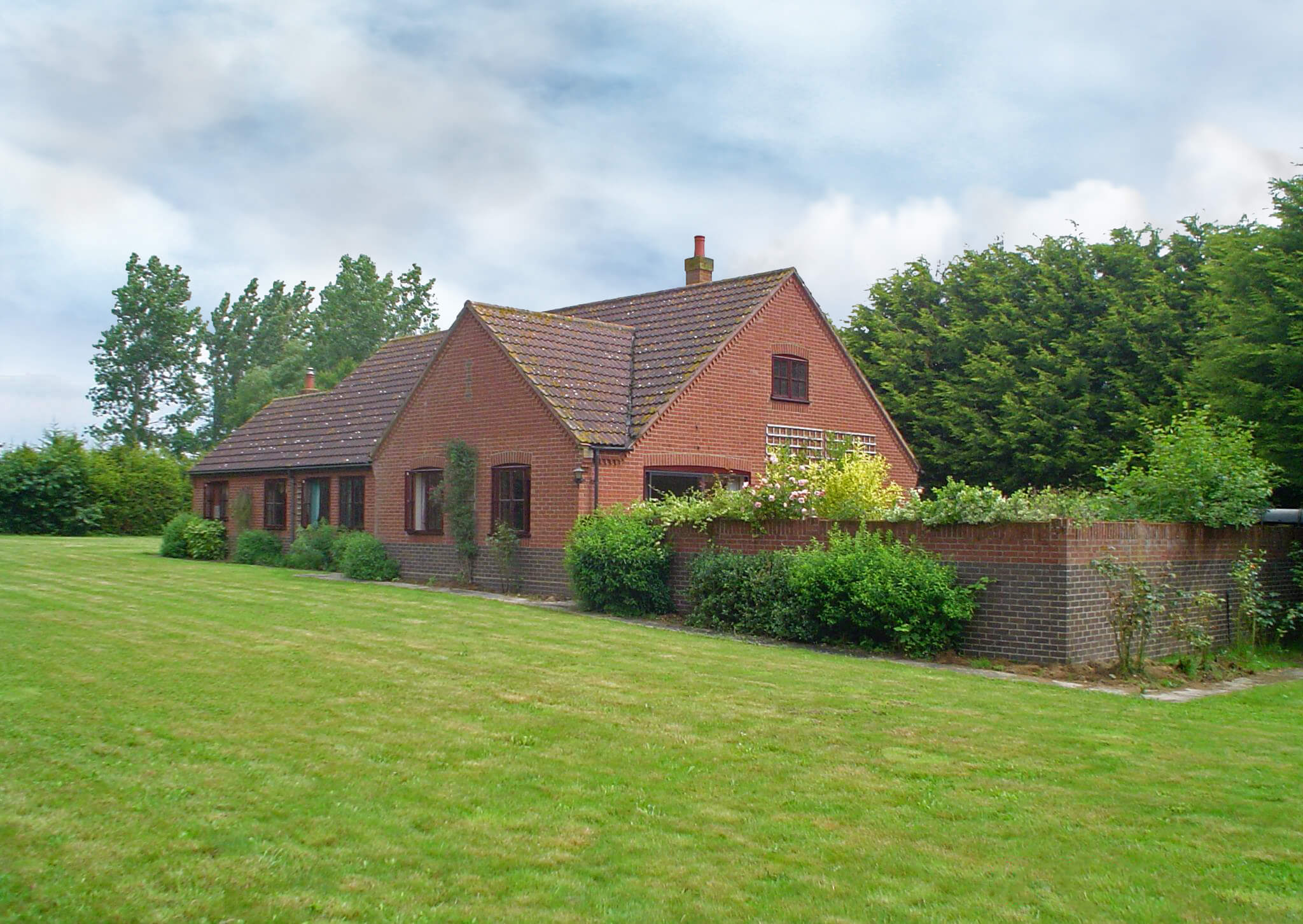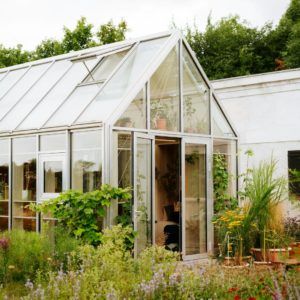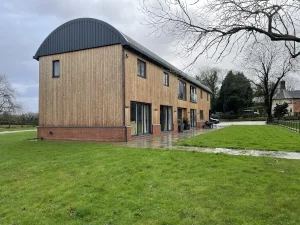Dwellings built for agricultural purposes are generally subject to occupancy conditions which restricts the occupation of the dwelling to a person employed in agriculture.
In terms of the wording of such conditions, whilst there have been many variations since the 1950s, generally the standard condition will usually state:
“The occupation of the dwelling shall be limited to a person solely or mainly employed, or last employed, in the locality in agriculture or in forestry, or a widow or widower of such a person, and to any resident dependants”.
Irrespective of changes to the farm, the condition will remain on the dwelling in perpetuity ensuring it is available to the wider ‘agricultural community’.
Garden Nursery
A client with a Garden Centre and a dwelling subject to an agricultural occupancy condition in Peterborough contacted us for our advice regarding removal of the condition imposed on his property.
His dwelling, originally one of two horticultural dwellings, was granted in 1988. The dwellings were granted to serve a nursery garden business on site at that time.

Over the years the business operations changed and the nursery ceased growing plants, specialising only in the retail side of plants and associated products for the garden and home. In planning terms, the business was no longer considered agricultural and therefore there was no need for his dwelling to remain restricted.
Property Sales and Tied Dwellings

Acorus were instructed to market the dwelling and seek buyers that complied with the agricultural occupancy condition. Selling dwellings subject to restrictions is challenging and they have to be marketed at below their open market value, usually a 25% discount is applied, to take account of the condition.
In this case the condition on the property restricted occupation of the dwelling to ‘a person solely or mainly employed, or last employed, in the locality in agriculture, or in forestry, or in the garden nursery, or a dependent of such a person residing with him or her, or widow or widower of such a person’.
As the nursery was no longer growing plants the dwelling was only suitable for persons working in the locality in agriculture.
The Definition of Agriculture
In order to comply with an agricultural occupancy condition, you need to be employed in ‘agriculture’. The definition of agriculture in planning terms is contained within the Town and Country Planning Act and is defined as including:
- Horticulture, fruit growing, seed growing, dairy farming
- The breeding and keeping of livestock (including any creature kept for the production of food, wool, skins, or for the purpose of its use in the farming of the land
- The use of land as grazing land, meadow land, oiser land, market gardens and nursery grounds
- The use land for woodlands where that use is ancillary to the farming of land for other agricultural purposes

Despite the property being marketed for sale for approximately one year, and local agricultural businesses contacted advising the property was for sale, no buyer was found that complied with the agricultural occupancy condition and no offers were received.
Planning Application
A planning application to remove the condition was therefore submitted to the Local Planning Authority providing a planning statement and evidence of the marketing undertaken and interest in the dwelling.
Statistical data was also included within the planning statement which provided details of agriculture in the County and how it had changed over the years which can impact on whether there is a need for such a dwelling in the local community.
Planning Success
The application was considered by the Local Planning Authority and removal of the condition was granted. The dwelling is now available to a wider audience making a sale much more likely and increasing the value of the dwelling.
Acorus have provided advice and support to clients with tied dwellings for twenty years with a consistently good success rate.

Our client is delighted and able to progress with his plans.






